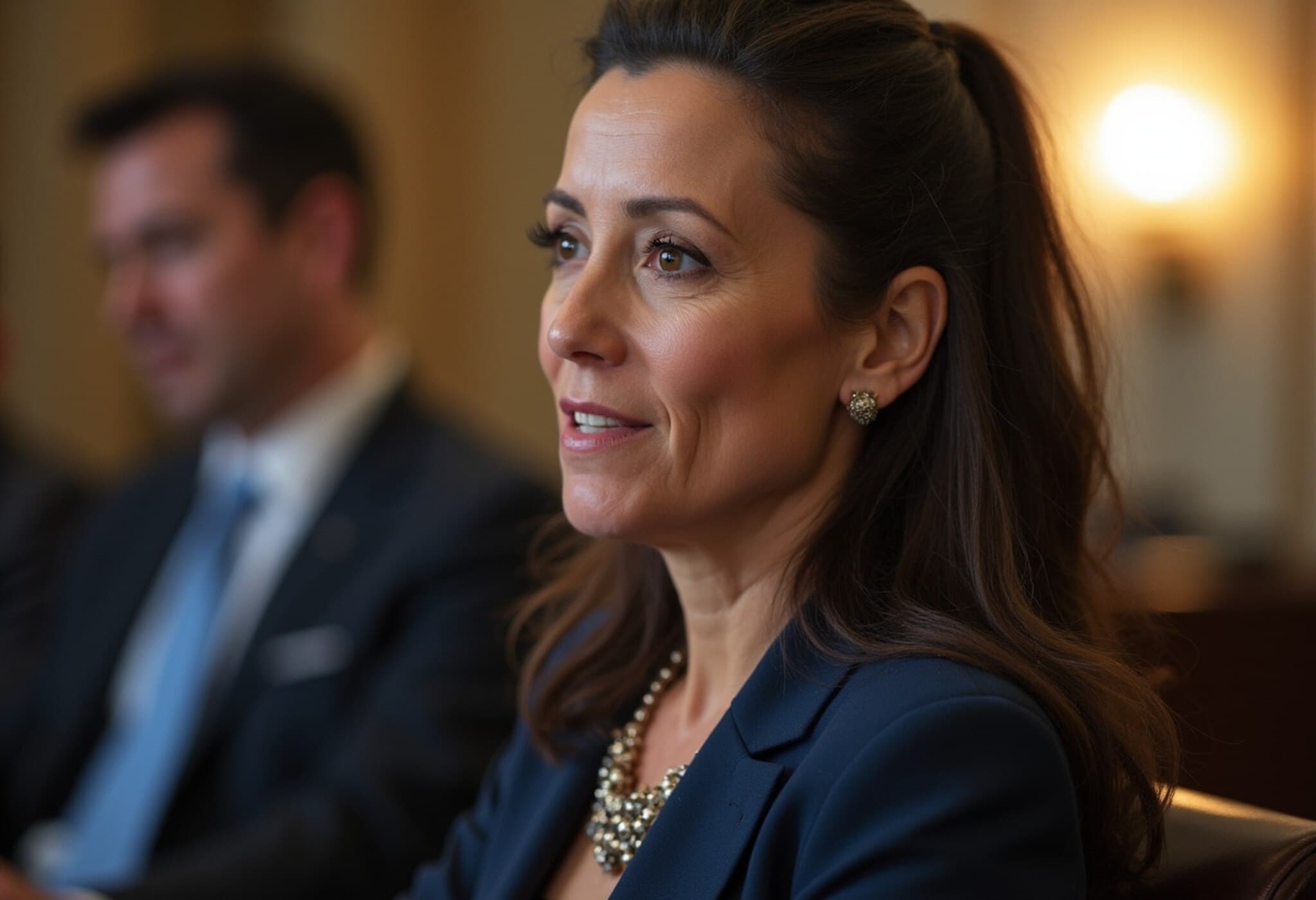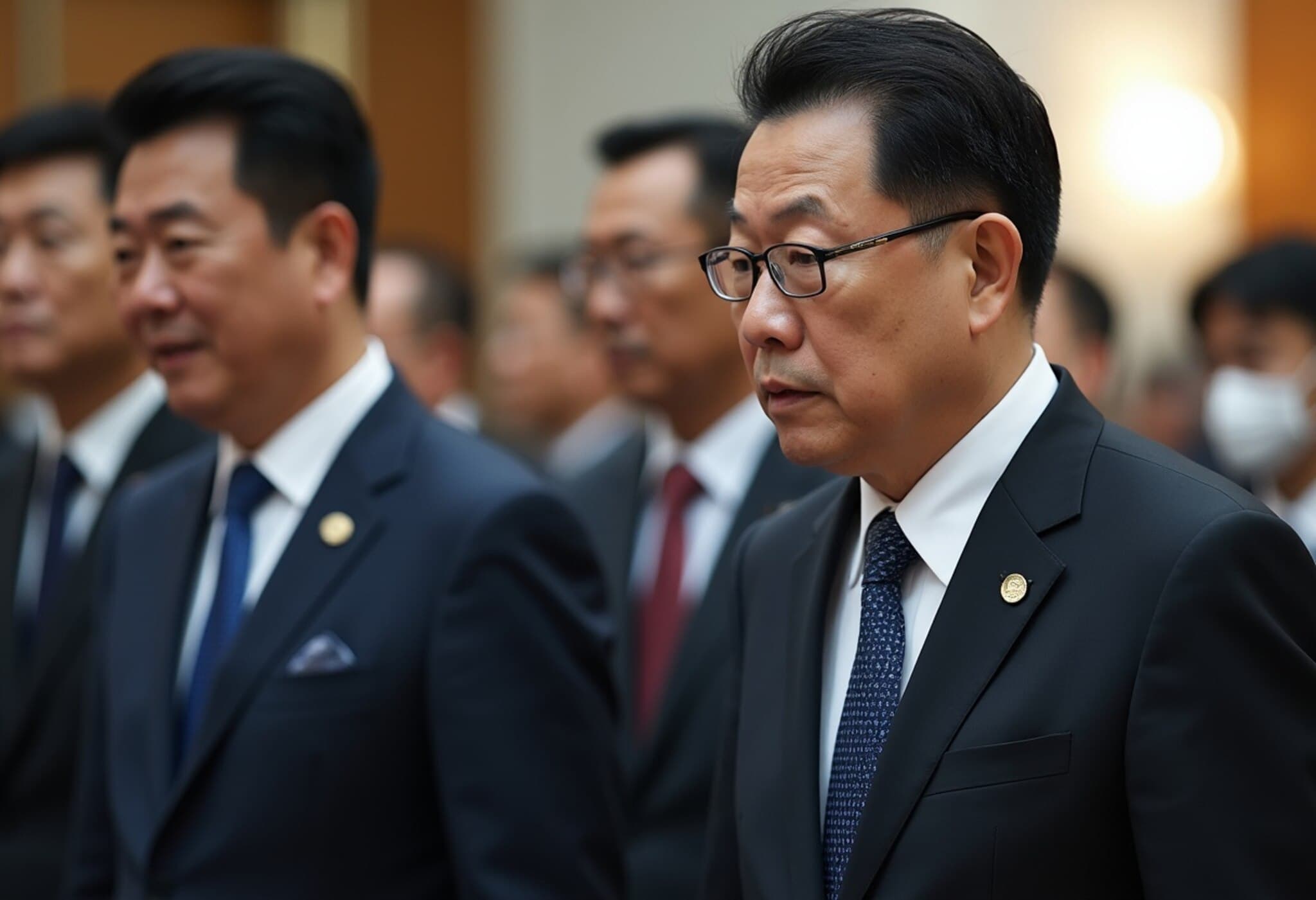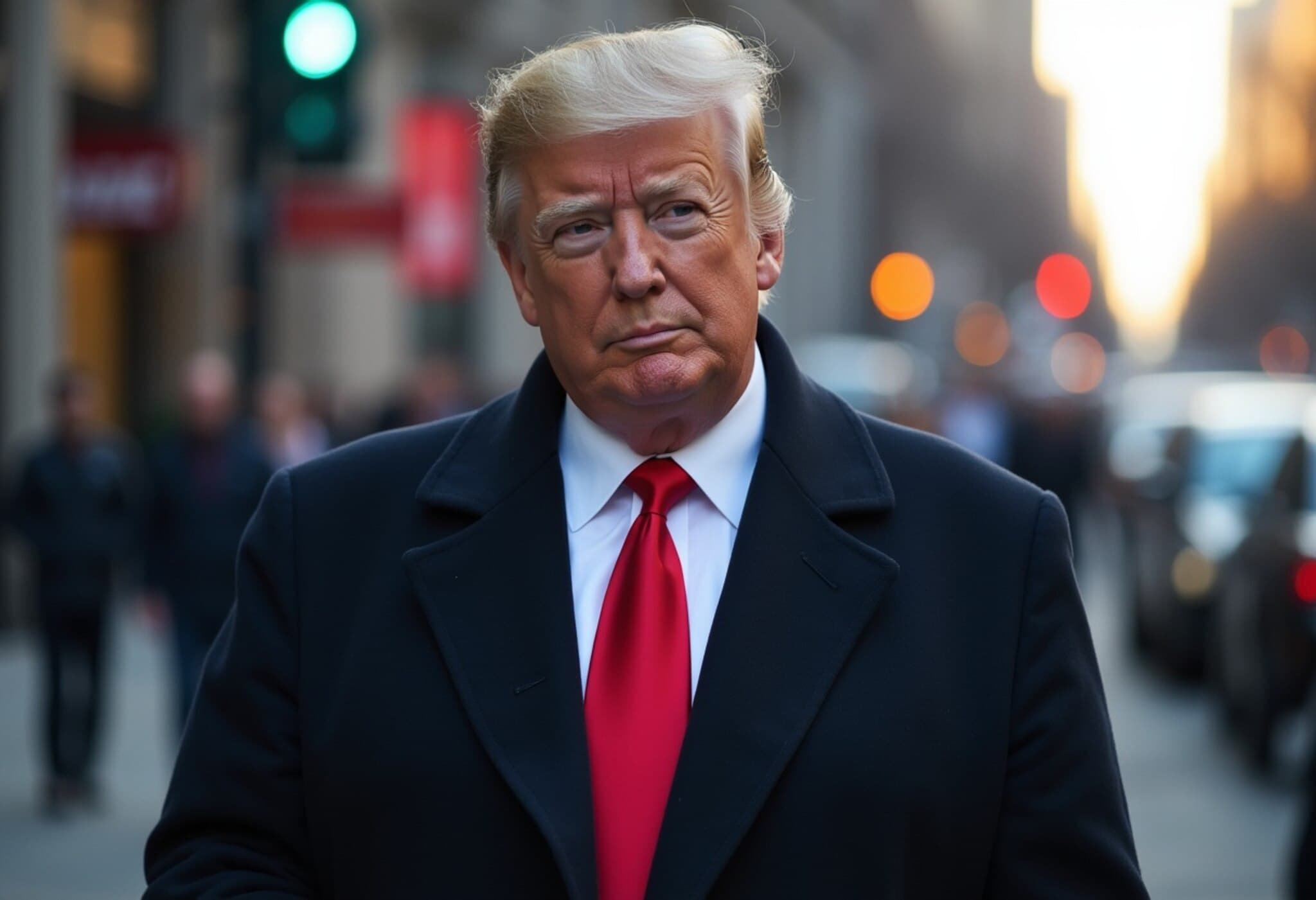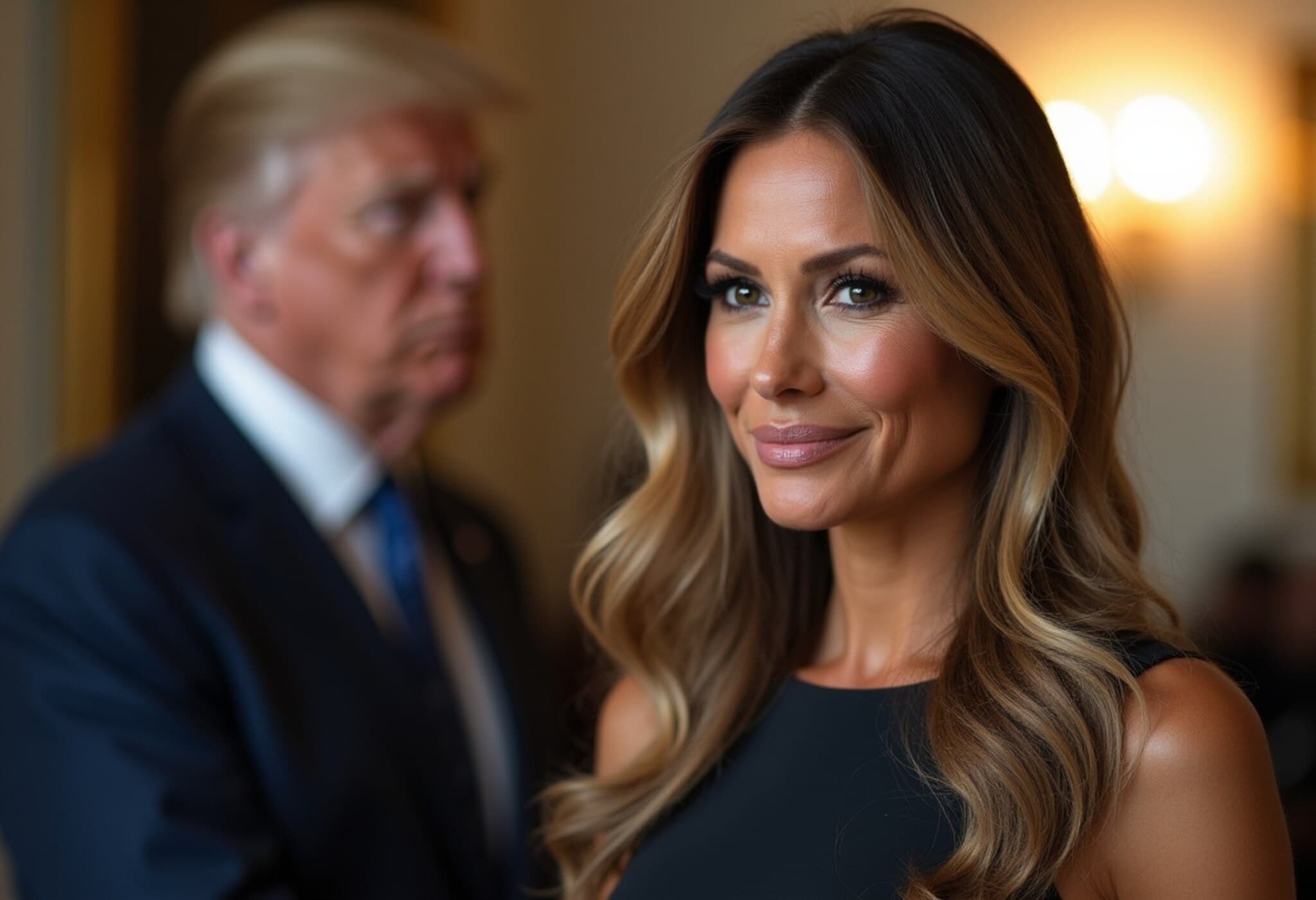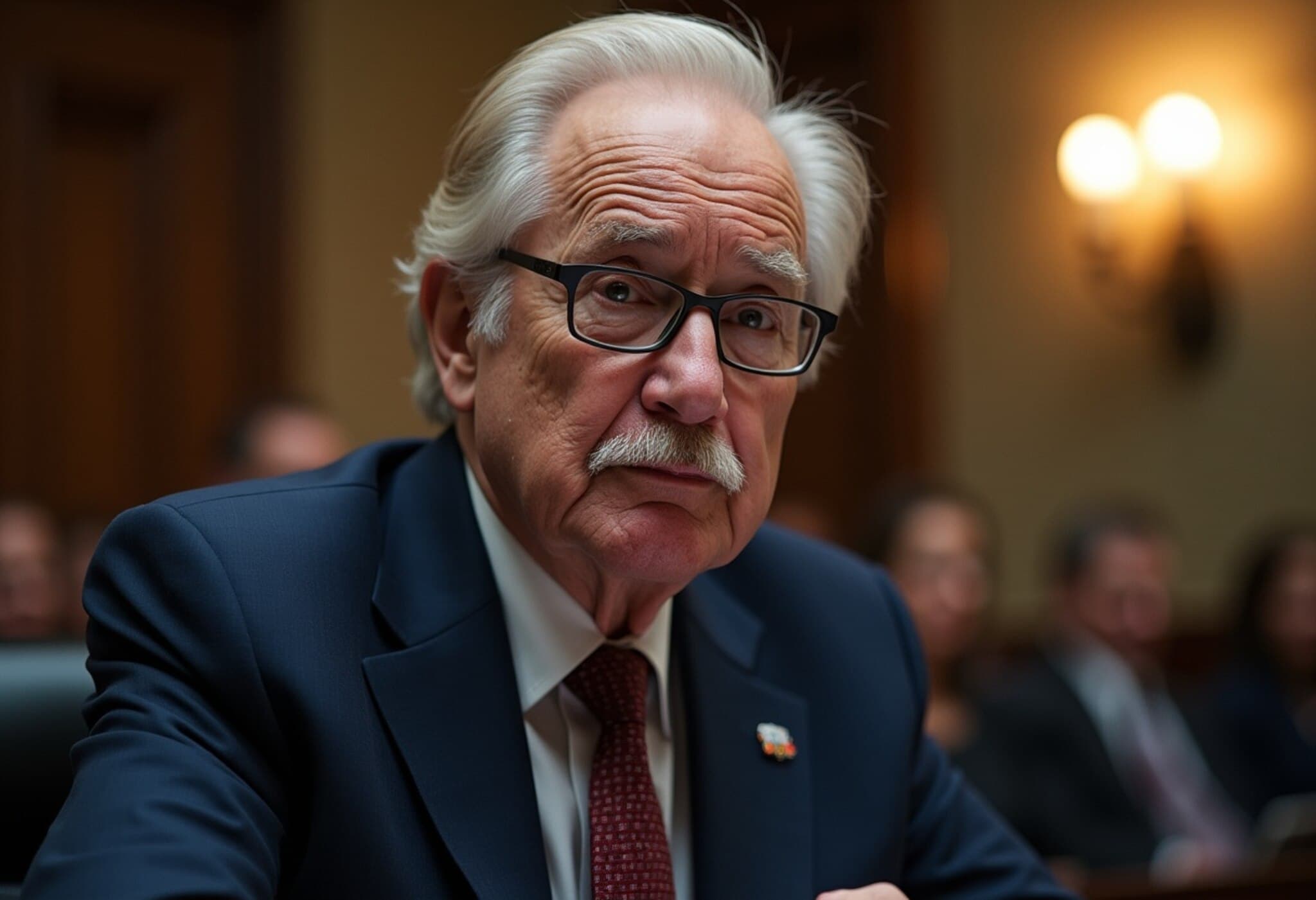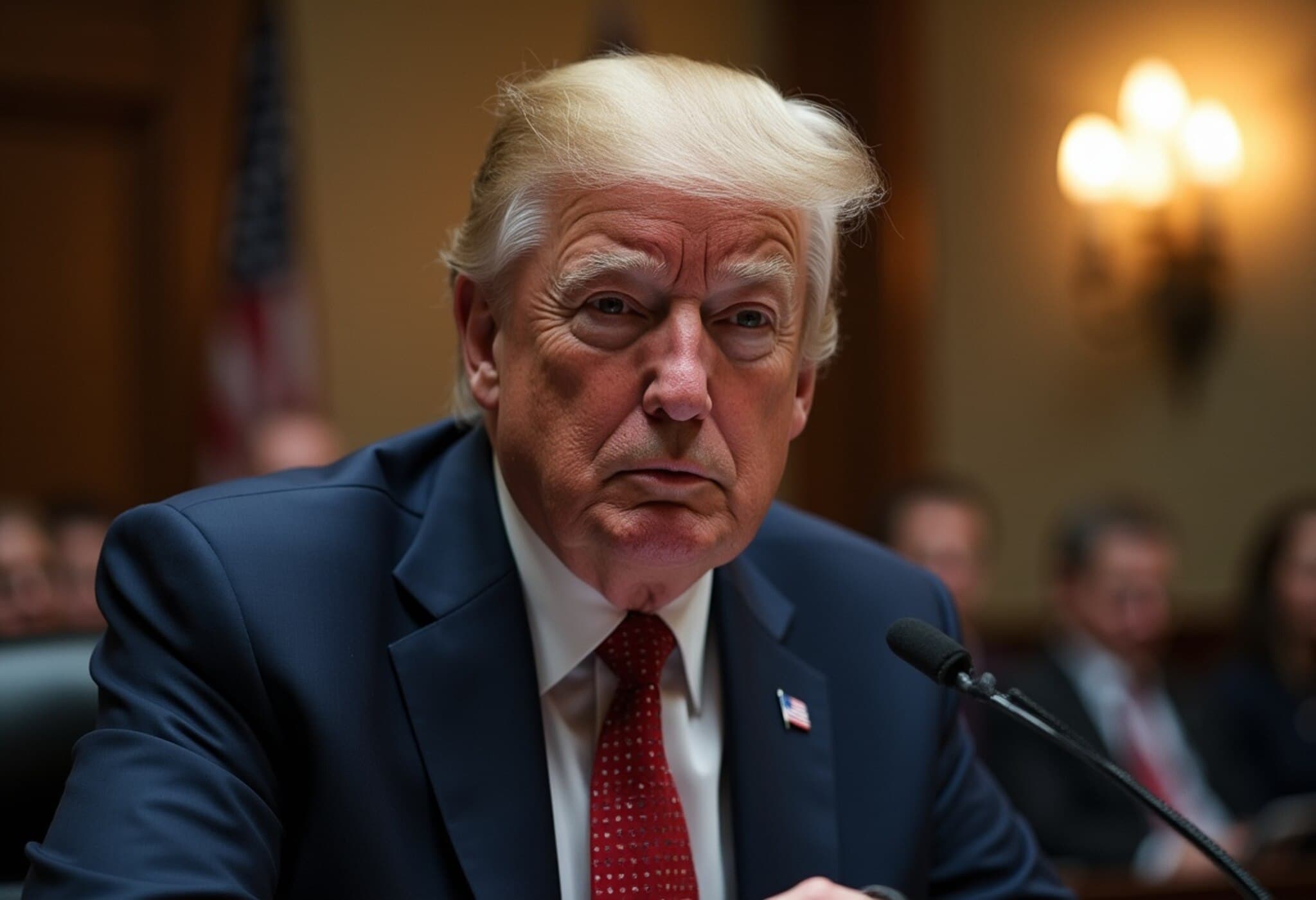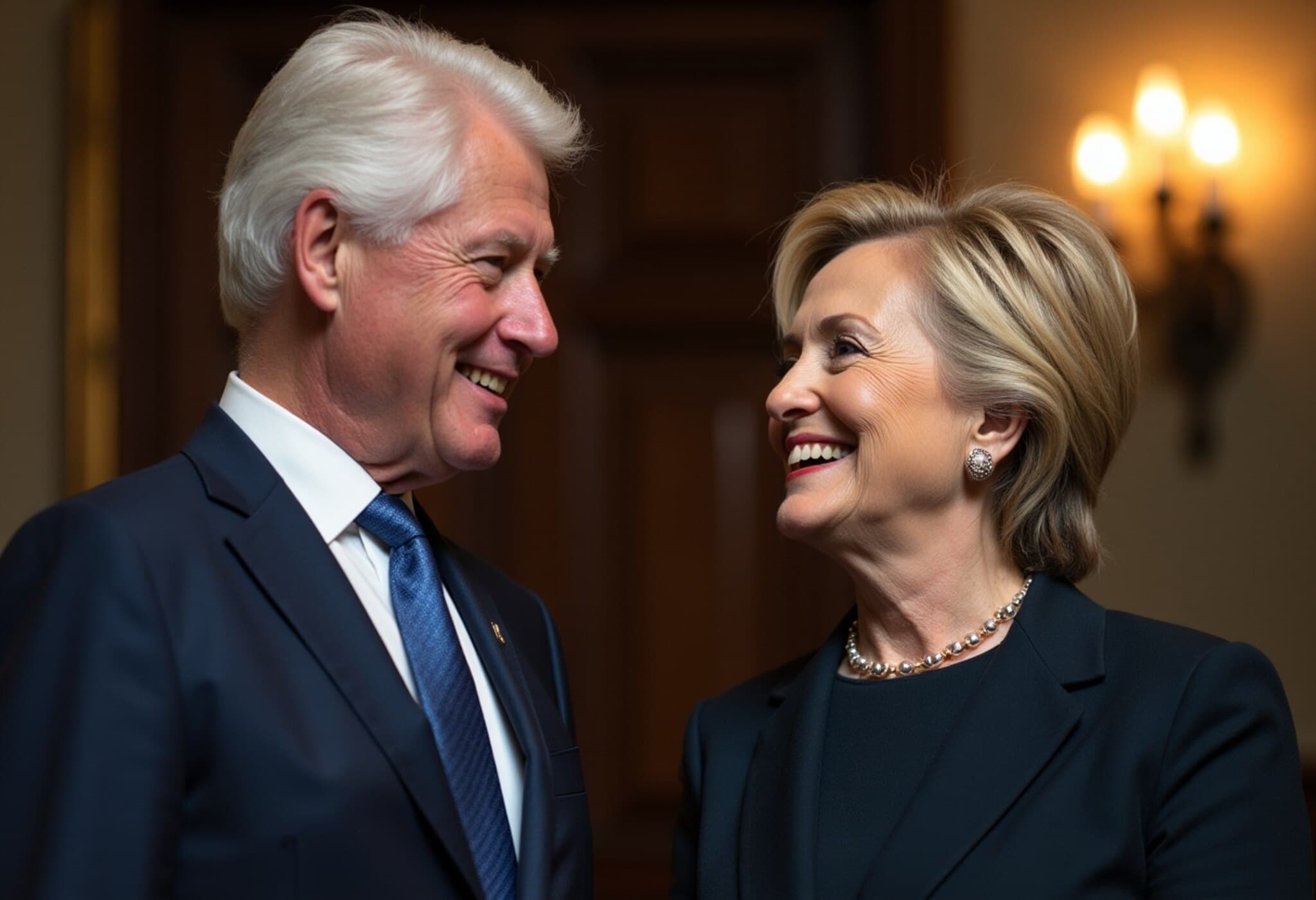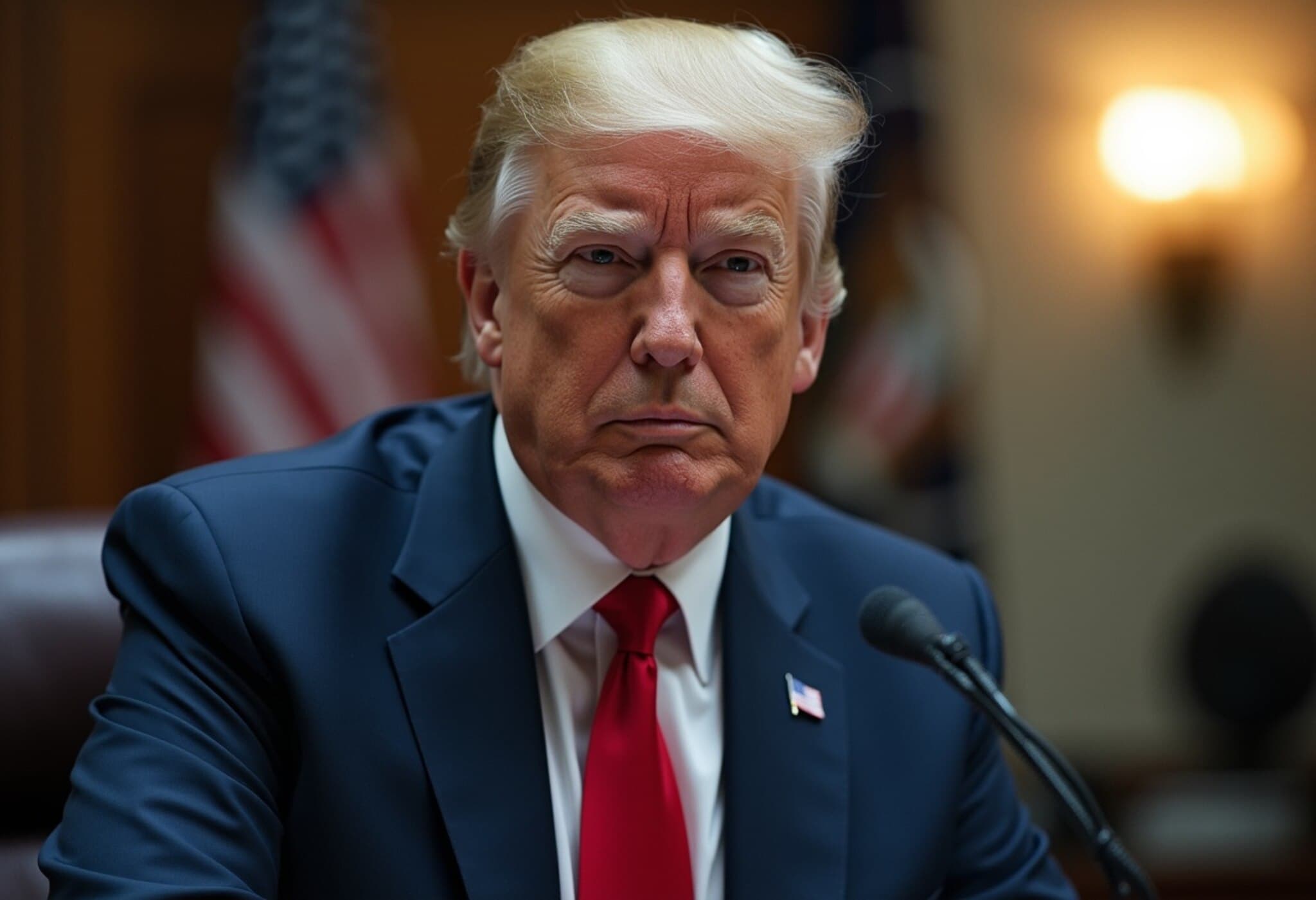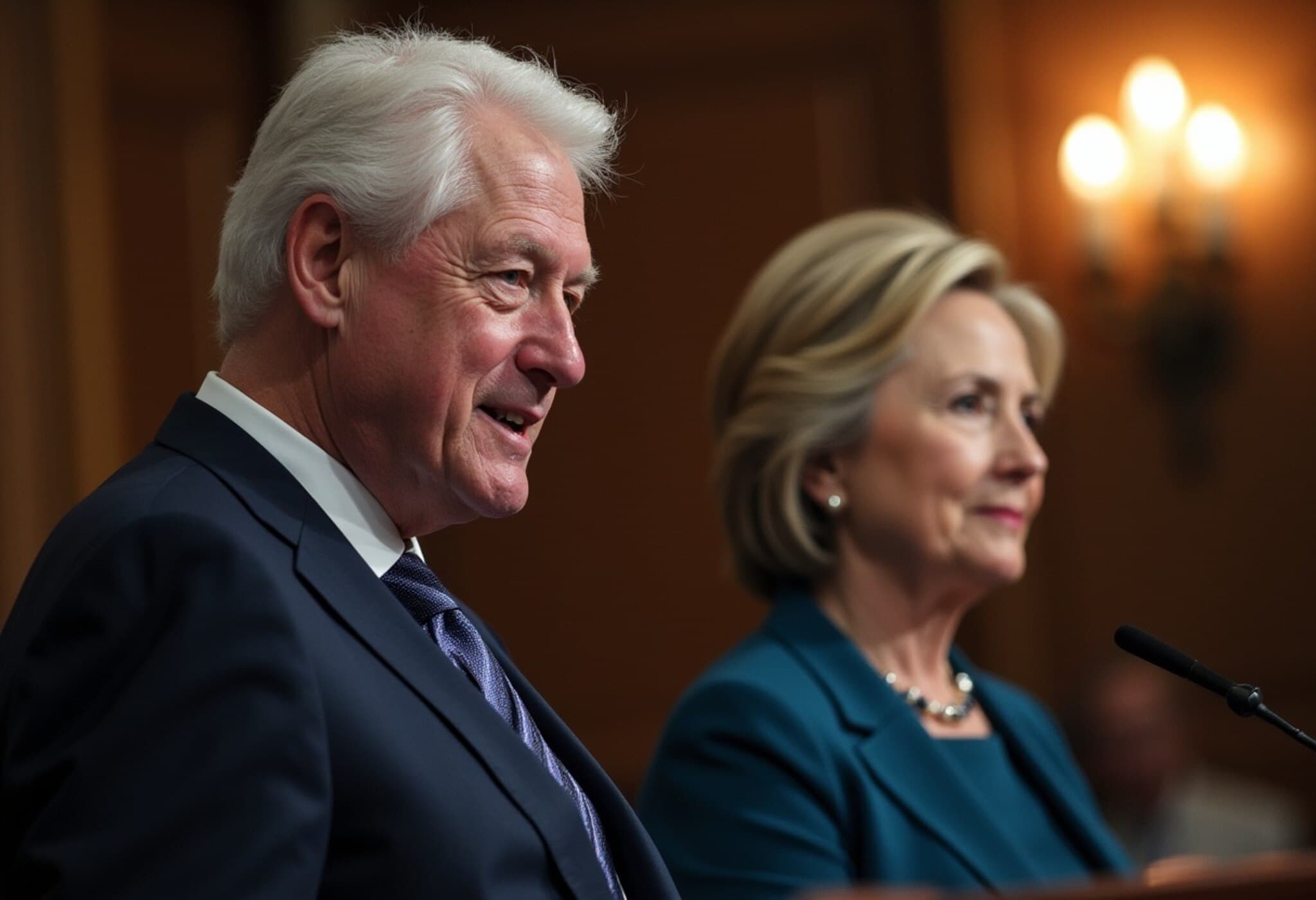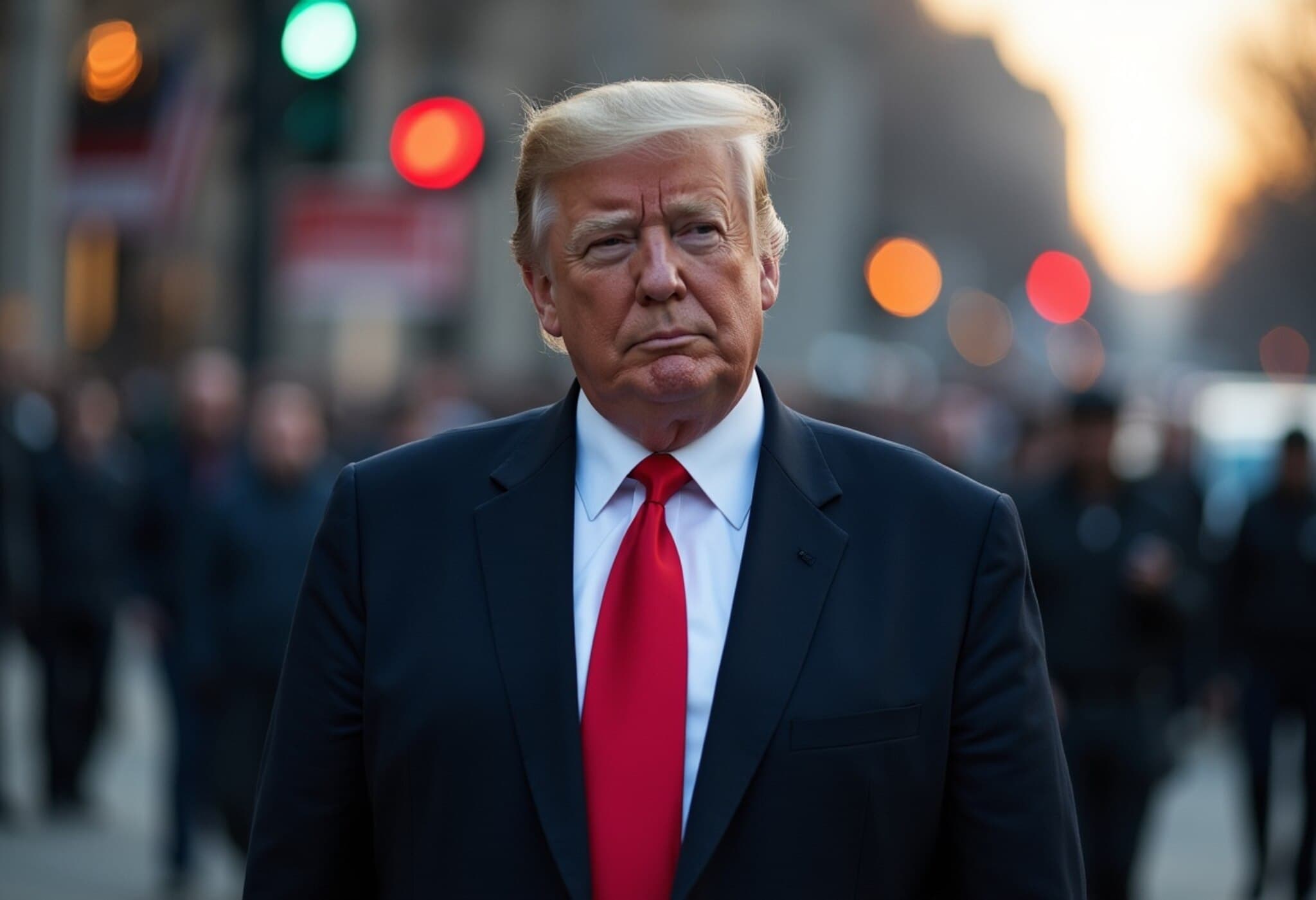Melania Trump Demands Retraction Over Hunter Biden’s Jeffrey Epstein Claims
In a legal standoff that has captured media attention on both sides of the Atlantic, US First Lady Melania Trump has issued a stern warning to Hunter Biden, son of President Joe Biden. She is demanding a public retraction and apology for statements he made alleging that Jeffrey Epstein — the disgraced financier and convicted sex offender — introduced her to former President Donald Trump. Failure to comply could trigger a $1 billion lawsuit alleging defamation and reputational damage.
Background: The Controversial Comments
The dispute arose following an interview Hunter Biden gave earlier this month to British journalist Andrew Callaghan. During the conversation, Biden claimed, “Epstein introduced Melania to Trump. The connections are, like, so wide and deep.” This allegation ties the former First Lady to Epstein, whose extensive network and criminal activities have been under international scrutiny.
Melania Trump, through her lawyer Alejandro Brito, swiftly responded with a legal notice branding these assertions as “false, defamatory, and extremely salacious.” The letter highlights how Biden’s remarks have been widely disseminated via social media and news outlets, inflicting significant financial and reputational harm.
Legal Threat and Potential Fallout
The legal notice sent to Hunter Biden and his representatives underscores the seriousness of the situation. It warns that without a prompt retraction, Melania Trump intends to pursue $1 billion in damages for the extensive harm caused by the statements. This level of financial demand signals the First Lady’s resolve to protect her reputation aggressively.
Experts suggest that such lawsuits serve as both a means of seeking redress and a strategic public relations move to discredit unfounded rumors. Given the polarizing nature of both the Trump and Biden families in American politics, the case is likely to fuel ongoing partisan debates.
Context: The Epstein Connection and Political Turmoil
Biden’s claims referencing Epstein come amid his broader criticism of political elites and intra-party conflicts within the Democratic camp. The former presidential hopeful has publicly voiced frustrations that his own party undermined his candidacy last year.
Notably, Biden attributes the source of his information to Michael Wolff, an author known for controversial exposés on the Trump family. However, both Donald and Melania Trump have dismissed these claims, urging reliance on verified accounts. Official records and multiple reports, including by the Associated Press, confirm that Melania and Donald Trump met through Paolo Zampolli, a New York-based modeling agent during Fashion Week in 1998.
Expert Insights: The High Stakes of Defamation in Political Discourse
From a legal and communications perspective, this episode underscores the delicate balance between free speech and protecting personal reputation, especially in the hypercharged environment of US politics. Defamation suits involving public figures often hinge on proof of malice or intentional falsehood, making outcomes difficult to predict.
Moreover, the involvement of such a vast sum in damages raises critical questions about the potential chilling effect on public discourse and the interplay of media narratives with legal action. For American audiences, this case reflects the continued weaponization of defamation claims amid cultural and political polarization.
Looking Ahead: What This Means for Political Families and Public Trust
- Will Hunter Biden retract his statements or face a landmark lawsuit?
- How will this dispute affect public perceptions of the Biden and Trump families?
- Could this escalate legal battles tied to reputational damage among political figures?
These questions highlight how personal disputes increasingly intersect with public narratives in ways that shape political legacies and voter trust.
Editor’s Note
The confrontation between Melania Trump and Hunter Biden is more than just a legal squabble — it highlights how allegations linked to Jeffrey Epstein continue to reverberate through American politics years after his death. Beyond the soundbites and headlines, this case invites readers to critically evaluate sources, recognize the power of unverified claims, and understand the high stakes of reputation management in public life. As this story develops, it remains a potent reminder of the complexities behind political narratives that dominate news cycles and social media alike.



